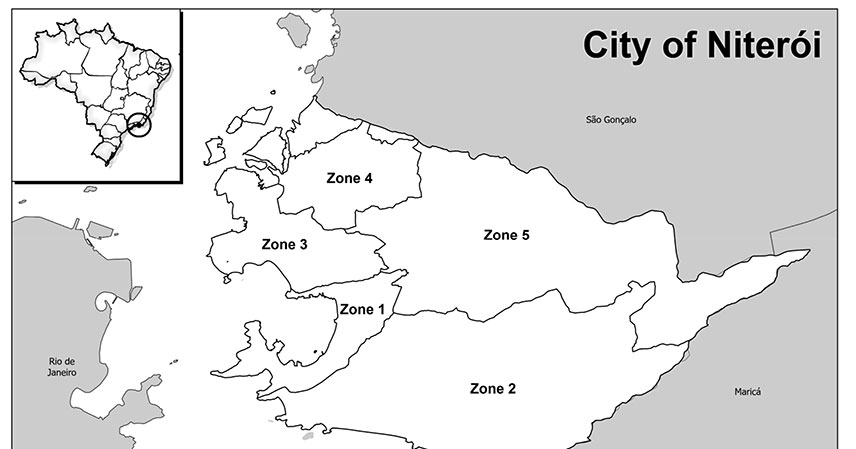The year 2024 has marked a stark and concerning escalation in the global fight against dengue. This mosquito-borne illness has long posed a significant public health challenge across tropical and subtropical regions. However, the recent surge has pushed its impact to unprecedented levels.
Reported figures reveal more than 14 million cases and over 10,000 deaths worldwide. These numbers are alarming. They represent more than double the figures recorded during previous dengue epidemics in both 2023 and 2019. This dramatic increase signals a worsening global health crisis that demands urgent attention and comprehensive analysis.
Understanding Dengue: A Persistent Threat 🦟
Dengue is a viral infection transmitted to humans through the bite of infected Aedes mosquitoes, primarily Aedes aegypti. It is endemic in over 100 countries. Symptoms can range from mild fever and body aches to severe, life-threatening conditions. These severe forms include dengue hemorrhagic fever and dengue shock syndrome.
The disease presents a complex public health challenge. It lacks specific treatment options. Prevention largely relies on vector control measures. The presence of four distinct serotypes (DENV-1, DENV-2, DENV-3, DENV-4) further complicates matters. Infection with one serotype provides immunity to that specific type. However, subsequent infection with a different serotype can increase the risk of severe dengue.
This characteristic makes dengue particularly dangerous. It also makes vaccine development and deployment intricate. Many regions face a constant threat. This includes areas with high population density and inadequate sanitation. The disease disproportionately affects vulnerable communities.
Unpacking the 2024 Surge: Factors at Play 📈
The significant increase in dengue cases in 2024 is not a singular event. It is likely the result of several interconnected factors. These factors create a perfect storm for heightened transmission. Understanding these drivers is crucial for effective mitigation strategies.
One primary contributor is climate change. Rising global temperatures extend the geographical range of Aedes mosquitoes. They also shorten the extrinsic incubation period of the virus within the mosquito. This means mosquitoes can transmit the virus for longer periods. It also means they can transmit it in new areas. Increased rainfall and flooding create more breeding sites. Conversely, droughts can lead to water storage practices that also favor mosquito breeding.
Rapid urbanization also plays a critical role. Densely populated areas often have insufficient waste management systems. This leads to an accumulation of water-holding containers. These containers serve as ideal breeding grounds for Aedes mosquitoes. Poor housing conditions can also increase human exposure to mosquito bites. Global travel and trade facilitate the rapid spread of virus strains. Infected travelers can introduce new serotypes into previously unaffected regions. This can lead to outbreaks in populations with no prior immunity.
Furthermore, the co-circulation of multiple dengue serotypes in many regions may contribute to the severity. As mentioned, sequential infections with different serotypes can increase the risk of severe disease. Changes in dominant serotypes can also lead to widespread susceptibility. This results in larger and more severe outbreaks. Weakened public health infrastructures in some areas may also struggle to cope. This can lead to underreporting and delayed response efforts.
The Far-Reaching Implications of a Worsening Crisis 🌍
The 2024 dengue surge carries profound implications for public health and socio-economic stability. Healthcare systems in affected countries are often overwhelmed. Hospitals face a massive influx of patients. This strains resources, staff, and medical supplies. The economic burden is substantial. It includes direct costs of treatment and indirect costs. These indirect costs stem from lost productivity due to illness and premature death.
Children and the elderly are often among the most vulnerable. The disease can disrupt education and daily life. It can also lead to long-term health complications. The surge also highlights critical gaps in global preparedness. It underscores the need for robust surveillance systems. Early warning mechanisms are vital. These are essential for detecting and responding to outbreaks promptly.
Preventive measures face ongoing challenges. These include insecticide resistance in mosquito populations. The development and equitable distribution of effective vaccines remain complex. Public awareness campaigns are crucial. They help promote community participation in vector control. Without sustained, coordinated efforts, the human and economic toll of dengue will continue to rise.
Key Insights for a Resilient Future ✨
Addressing the escalating dengue crisis requires a multi-faceted and integrated approach. Lessons from the 2024 surge must inform future strategies. These insights are crucial for building more resilient health systems and communities.
- Integrated Vector Management: This approach combines various methods. It includes environmental management, biological control, and targeted chemical interventions. This is essential for controlling mosquito populations effectively.
- Enhanced Surveillance and Early Warning Systems: Robust data collection and analysis are paramount. These systems help monitor disease trends. They also enable rapid detection of outbreaks. This allows for timely public health interventions.
- Climate-Resilient Health Strategies: Public health planning must incorporate climate change impacts. This includes adapting to altered mosquito habitats and transmission patterns. Proactive measures are needed to mitigate these risks.
- Community Engagement and Education: Empowering communities is key. Education on dengue prevention and symptom recognition is vital. Community participation in source reduction efforts can significantly reduce breeding sites.
- Accelerated Research and Development: Continued investment in new diagnostics, antiviral treatments, and advanced vaccine technologies is critical. Ensuring equitable access to these innovations is equally important.
The 2024 dengue surge serves as a stark reminder of the interconnectedness of environmental, social, and health factors. It underscores the urgent need for sustained global collaboration. Coordinated action is required to combat this persistent and evolving public health threat effectively.
Source: In the midst of a global dengue epidemic, one program kept a Brazilian city safe



